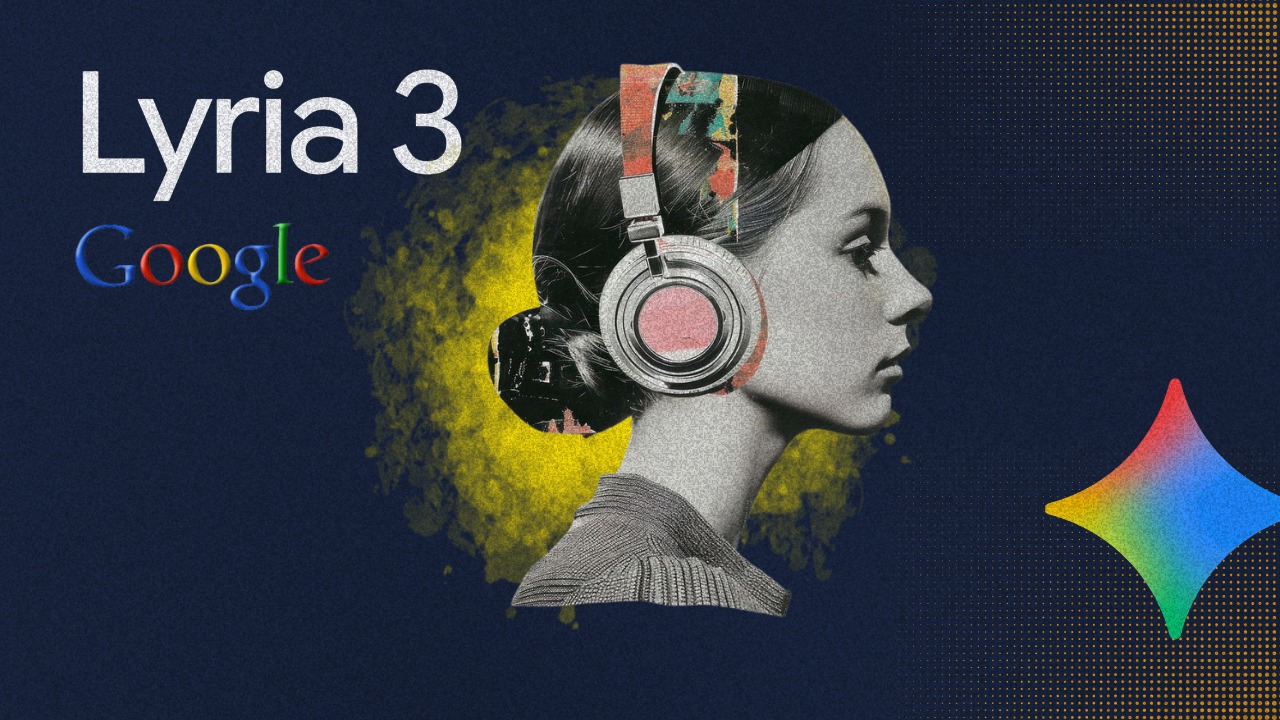
Welcome, Humans!
Ready for your daily dose of AI chaos? I’ve rounded up Today’s Top AI Headlines for those who like to stay ahead – and for the curious, I’ve got some eyebrow-raising stories Beyond the Headlines. Let’s dive in.
In a Nutshell:
Amazon’s Kindle now speaks Spanish and German
Meta’s Vibes is TikTok, but make it AI
Slingshots funding fuels open-source AI eval tools
Japan’s AI reads your mind – literally
Sora Android launch smashes App Store records
🚀Today’s Top AI Headlines:

Amazon’s Kindle now speaks Spanish and German: Amazon has unveiled Kindle Translate, an AI-driven translation service designed for authors using Kindle Direct Publishing (KDP). The tool aims to help writers expand their reach by automatically translating their books into new languages. Initially, it supports translations between English and Spanish, and from German to English, with more languages planned as the beta evolves. Currently, less than 5% of Amazon titles are available in multiple languages, a gap Kindle Translate seeks to close. Authors can preview translations before publishing, allowing them to catch potential AI-generated inaccuracies. While Amazon claims its AI evaluates translations for accuracy, it hasn’t disclosed details of its validation process. From the KDP dashboard, authors can manage translations, set pricing, and publish with a few clicks. This move strengthens Amazon’s position in the self-publishing market, offering indie authors a faster and cheaper path to global audiences. However, it also reignites the debate over whether AI can truly capture linguistic nuance and cultural tone without human oversight. If the system matures, Kindle Translate could redefine accessibility in publishing, lowering barriers for non-English authors and making literature more globally inclusive.
Source: Tech Crunch
🤖 Robi: “Now your vampire romance can seduce readers in two languages. Progress.”
Meta’s Vibes is TikTok, but make it AI: Meta has officially expanded Vibes, its feed of AI-generated short-form videos, to Europe via the Meta AI app. Similar to TikTok or Instagram Reels, Vibes is entirely populated by AI-created clips, allowing users to generate, remix, and share videos using text prompts or existing footage. The feature launched in the U.S. six weeks ago and now brings its collaborative “co-create and remix” format to European audiences. Users can layer music, edit visuals, and post directly to Vibes, as well as cross-share to Instagram and Facebook Stories.MMeta describes Vibes as a “social and collaborative creation experience,” where people build and share AI content together. The expansion signals Meta’s intent to compete with OpenAI’s Sora and emerging AI video platforms, positioning itself as a major player in generative media.
Source: Dataconomy🤖 Robi: “Finally, a TikTok clone that skips the influencers and goes straight to the uncanny valley.’’
Slingshots funding fuels open-source AI eval tools: The Laude Institute has announced its inaugural round of Slingshots grants, supporting 15 AI research projects designed to advance both scientific understanding and practical innovation in artificial intelligence. Unlike traditional academic grants, Slingshots focuses on equipping researchers with compute power, engineering talent, and funding typically unavailable in university settings. In return, recipients must produce a tangible outcome, such as open-source tools, startups, or new benchmarks. Many projects focus on AI evaluation, a growing concern as models become more autonomous. Highlights include Formula Code, a joint effort from Caltech and UT Austin to test AI’s ability to optimize code, and BizBench, a Columbia-led project benchmarking “white-collar AI agents.” The CodeClash project, led by SWE-Bench co-founder John Boda Yang, introduces a competitive framework for real-time coding assessments. By investing in hands-on, high-impact research, the Laude Institute aims to close the gap between academic exploration and industry-scale AI development.
Source: BitGet🤖 Robi: “Give researchers compute, and they’ll build benchmarks to judge your benchmarks.”
🔍Beyond the Headlines:
Japan’s AI reads your mind – literally: Researchers in Japan have developed a “mind-captioning” AI capable of decoding brain activity into descriptive sentences. Using fMRI scans and neural mapping, the system interprets brain signals into “meaning signatures” linked to video captions. A second AI then generates text describing what a person sees or imagines. Published in Science Advances, the breakthrough could help individuals with speech impairments communicate, while offering new insight into how the brain converts visuals into language.
Source: Nature🤖 Robi: “Behold, the AI that can finally transcribe your daydreams into awkward poetry.’’
Sora Android launch smashes App Store records: OpenAI’s Sora saw an estimated 470,000 downloads on its first day on Android, more than quadrupling its iOS debut. Available in seven countries including Japan, Korea, and the U.S., Sora’s invite-free rollout reflects growing demand for AI-generated video apps. The expansion cements OpenAI’s momentum in the short-form content race against Meta and TikTok.
Source: CNET
🤖Robi: “Android users said “I’ll take one uncanny video generator to go, thanks.””
🤖Prompt of the Day:
Corporate Reputation Risk Framework
Prompt: You are a risk management consultant focusing on reputation and brand trust. Your task is to create a corporate reputation risk framework for a [company size/type] operating in [industry].
Your framework should include: (1) risk identification and early-warning systems, (2) media and social sentiment monitoring, (3) executive communication and PR controls, (4) incident escalation procedures, (5) stakeholder recovery programs, and (6) KPIs such as reputation recovery time, sentiment score, and crisis response effectiveness.
🤖AI Tools You Didn’t Know You Needed:
Problem: Analyzing spreadsheets, building charts, and writing formulas often requires deep Excel skills and consumes hours.
AI Solution: AI-powered spreadsheet assistants let you ask questions, generate charts, clean data, and build formulas in natural language.
AI Tool: Excelmatic is an AI-driven platform that turns your Excel or CSV files into insights, charts, and summaries, no formulas needed.
Helpful Features
Natural-Language Commands: Ask your data questions in plain English.
Instant Charts: Bar, line, pie charts from data automatically.
Formula Assistant: Generate and fix formulas on demand.
Flexible Pricing: Free tier available; paid plans starting approx. $49/month.

⚡ Robi’s Hot Take on X






